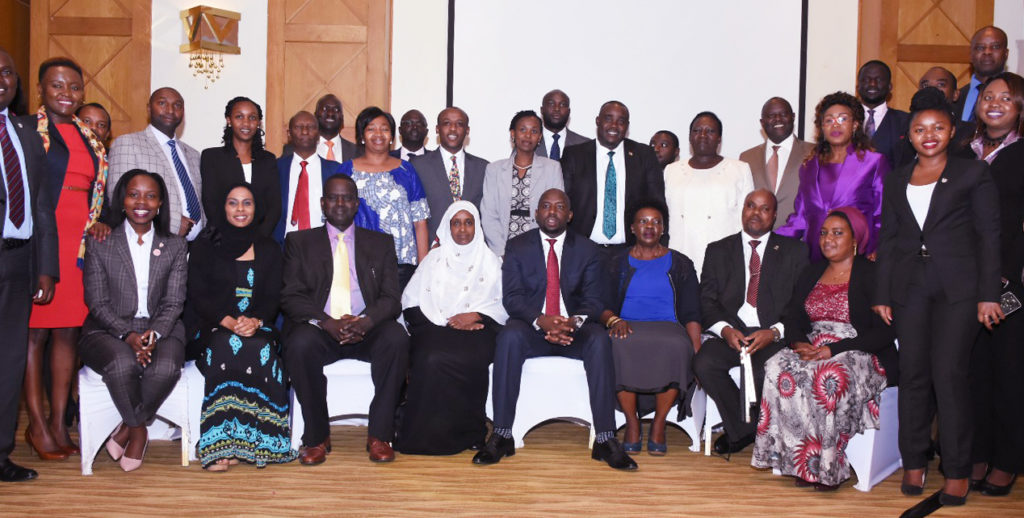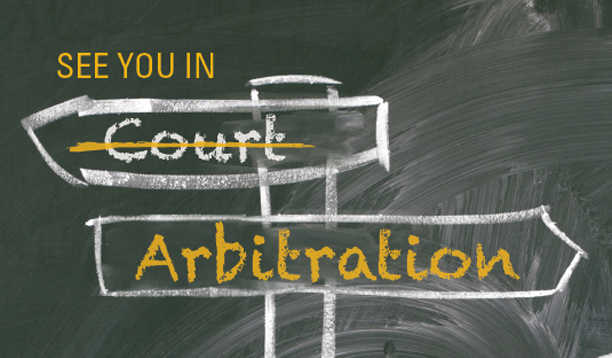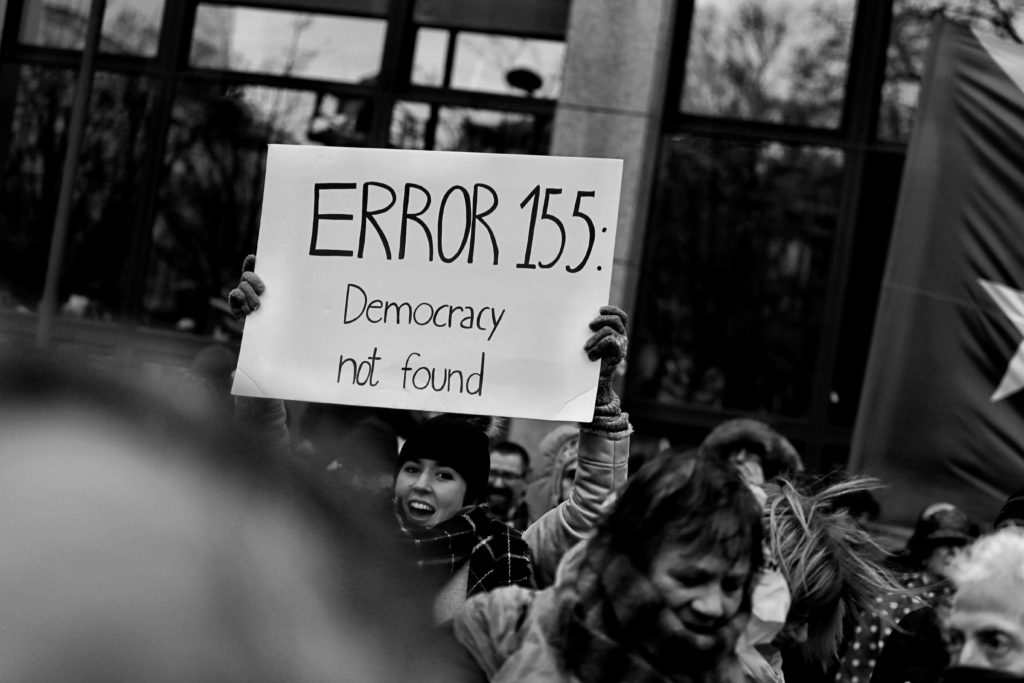Article 159(2) (c) of the Constitution provides firm foundation for ADR by mandating courts and national tribunals to promote “alternative forms of dispute resolution including reconciliation, mediation, arbitration and traditional dispute resolution mechanism”, the Constitution contemplates submission to such ADR mechanisms in the context of judicial proceedings in exercise of judicial authority vested in the Judiciary. However, in their bid to promote ADR, courts are required by sub-article (3) to guarantee the protection of fundamental human rights and freedoms guaranteed under the Constitution.
The question as to the suitability of ADR in statutory crimes and crimes against the State is largely dependent on our societal values that shape our conception of justice. The extent to which our society is prepared to apply ADR mechanisms in criminal law is dictated by our conventional approach to sanctions in criminal law, which is in turn informed by our conceptions of justice – the choices we make as between redressive, restorative, distributive, preventive, corrective and retributive justice.












